Hyundai begins world’s most expensive electric vehicle recall (US$900M)
If recalling EVs were an Olympic sport, the Hyundai Kona Electric just went for gold. In the worst possible way.
Answering your electric vehicle questions (after 10,000km in a Kona EV) is my follow-up report to this one, responding to your feedback and some, frankly, quite nutty comments…
Hyundai is recalling 82,000 EVs globally to replace the LG Chem battery packs inside because there’s a potential fire risk. Oops a daisy.
It’s kind of a bad look for the world’s fifth-largest carmaker - especially as the company pivots heavily towards EVs with brand Ioniq. Inconveniently, it’s just started prick-teasing the upcoming Ioniq 5.
Around the world there will be 75,680 Kona Electric models plus 5715 Ioniq Electric and 305 City buses recalled. Apparently there have been 12 fires, worldwide, but what’s prompted this somewhat expensive recall is the fact that in this last reported fire (ie, fire number 12) a software update that was thought to have solved the potential problem, had already been completed.
Unusual for a manufacturer brand of electric vehicles, Hyundai has not attempted to immediately sweep the problem under the rug by, I dunno, pretending the problem doesn’t exist.
That’s part of a Hyundai statement from Wednesday last week (24th Feb, 2021), and speaking of ‘high financial burden’ it’s going to cost about one trillion South Korean won, or $900 million US dollars, which is $1.15 billion Australian dollars, more or less.
I’d love to be a fly on the wall for the high-level tantrums between senior Hyundai dudes and their opposite numbers at LG Chem, which makes the batteries, in this case at a factory in Nanjing, China.
Panasonic gets all the limelight because it is keeping the lights on for Electric Jesus, but LG is actually the world’s largest EV battery supplier. The company also supplied the batteries for the Chevy Bolt, 69,000 of which were recalled for a similar potential pants-pooping proclivity recently.
Those batteries, however, used different internal components, and they were made at a different LG plant, this time in South Korea.
The Bolts were recalled worldwide after several reported fires.
Attribution of blame here is going to be a big deal - like, is it Hyundai’s fault, or GM’s in the case of the Bolt, or LG’s? LG Chem doesn’t really have much of a reputational stake here either way in the minds of ordinary car buyers, so the dent in the reputation will attach almost entirely to Hyundai, but the cost will probably be shared between Hyundai and LG in this case.
USEFUL LINKS BEFORE BUYING AN EV
Why is the Hyundai Kona EV so expensive? >>
Kona EV and fat Michelin tyres: A sub-$1000 bang-for-buck dynamics hack >>
The truth about Outlander PHEV battery life and support >>
Why Tesla is doomed in 2021 >>
Tesla under fire from Feds after failing to recall almost 160,000 cars >>
My AutoExpert AFFORDABLE ROADSIDE ASSISTANCE PACKAGE
If you’re sick of paying through the neck for roadside assistance I’ve teamed up with 24/7 to offer AutoExpert readers nationwide roadside assistance from just $69 annually, plus there’s NO JOINING FEE
Full details here >>
Experiencing technical difficulties…
There’s a carrot/stick dynamic to this, too: Hyundai has not yet announced the battery supplier for Ioniq 5 - so LG won’t want to go ‘100 per cent bastard’ in all of this, but at the same time they’re trying to list their LG Energy Solution business, and this could get in the way of their planned IPO if they cop it too hard on the chin.
I’d also suggest it’s gunna take some time to make 82,000 additional batteries. Having seen one apart, on the floor, they’re kinda complex assemblies, and you’d want to get it right. And the fire risk is low, let’s not forget, so rushing this would be all kinds of bad idea.
Interestingly, roughly equivalent Kia models - like the Niro EV and Soul EV - neither of which are available here in Australia - are unaffected by this recall. Batteries in those vehicles come from a different supplier, called SKI Innovation.
SKI was recently banned from the United States, by the US International Trade Commission, over a dispute with LG Chem. So it’s all very incestuous, metaphorically.
In summary, a $900-million US-dollar cattle prod suppository coming up for Hyundai Motor. In perspective, though, the group had revenue of US $224 billion in 2018 - so this will put a dent in the financials, but not terminally so.
That’s a comment from the South Korean Transport Ministry, which is running an ongoing investigation into the issue, and it says both Hyundai and LG are co-operating.
If you know anything about the high-level culture inside Hyundai, they’d be beside themselves to get past this by doing whatever it takes to make this right. If they’ve gotta take a financial hit - they’d be cool with that. Not happy about it, but they’d opt for doing whatever it takes to set the problem straight. It’s how they roll.
The burning question - sorry - is: How much of a delay is there gunna be? It’s gunna take time to magic up the requisite 82,000 batteries. Then they have to be shipped, globally. And it’s not going to be a 10-second splash and dash in the service department to fit them, either.
In Australia, there would only be a small number of technicians qualified to put their hands on the electrical side of this car. It’s not like changing the batteries in a flashlight.
Plus, although I’m sure they want to do the right thing, it’s fair to say Hyundai remains pretty obsessed with the homeland. Next up comes the US, and only then the regions - like us here in Australia. We could easily become third-class citizens on safety.
So in my view, this is a bad look for Hyundai. Especially on the eve of the debut of Ioniq 5. What they really don’t need at this point is some untenable delay rolling out the fix, worldwide, especially into markets such as ours.
Stress Testing
This is, like, a test for Hyundai, just like the GFC - which was Hyundai’s modern-era springboard into the big league. This time around: Can they pick up this ball and roll it out, globally, and keep it all in the domain of simply bad news? Or will they botch it and kick an epic ‘own goal’ and put a big dent in the side of Ioniq 5, and Ioniq generally, in doing so?
It could go either way. If they botch this badly it’s going to put the hugest possible dent in brand Ioniq. I don’t want to see Ioniq become the Pinto of EVs - the PowerShift of EVs - but if they get this wrong enough, that could happen.
Watch this space, and I’ll keep you updated, but please don’t freak out if you drive one of the affected cars - I’ve got one just out there, and I’m not leaking into my incontinence pad, as far as I know.
Because as with most recalls, we’re talking about low-level statistical risk management. Admittedly if the problem occurs, the consequences could be dire, but in reality these fires are extremely low probability events. And we already live in a world jam-packed with risks of that nature.






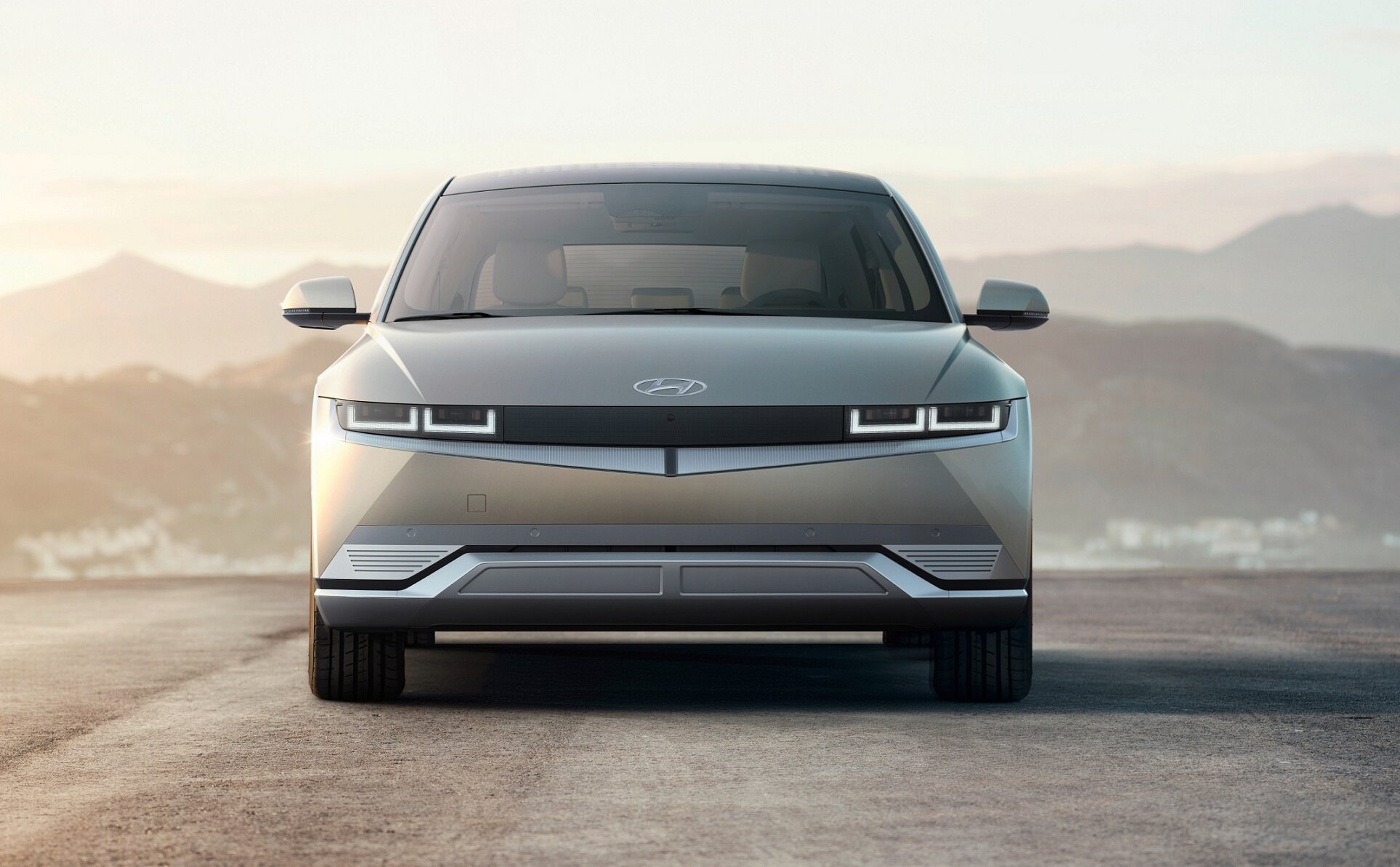
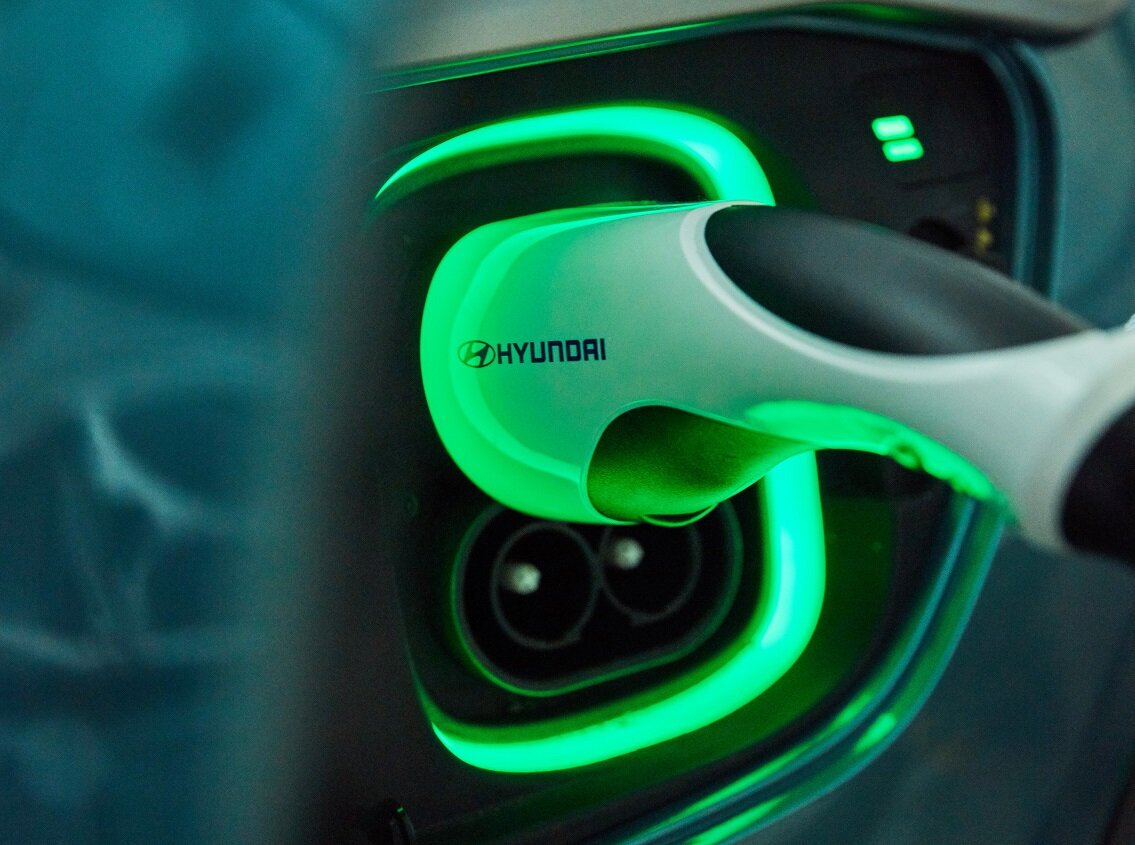

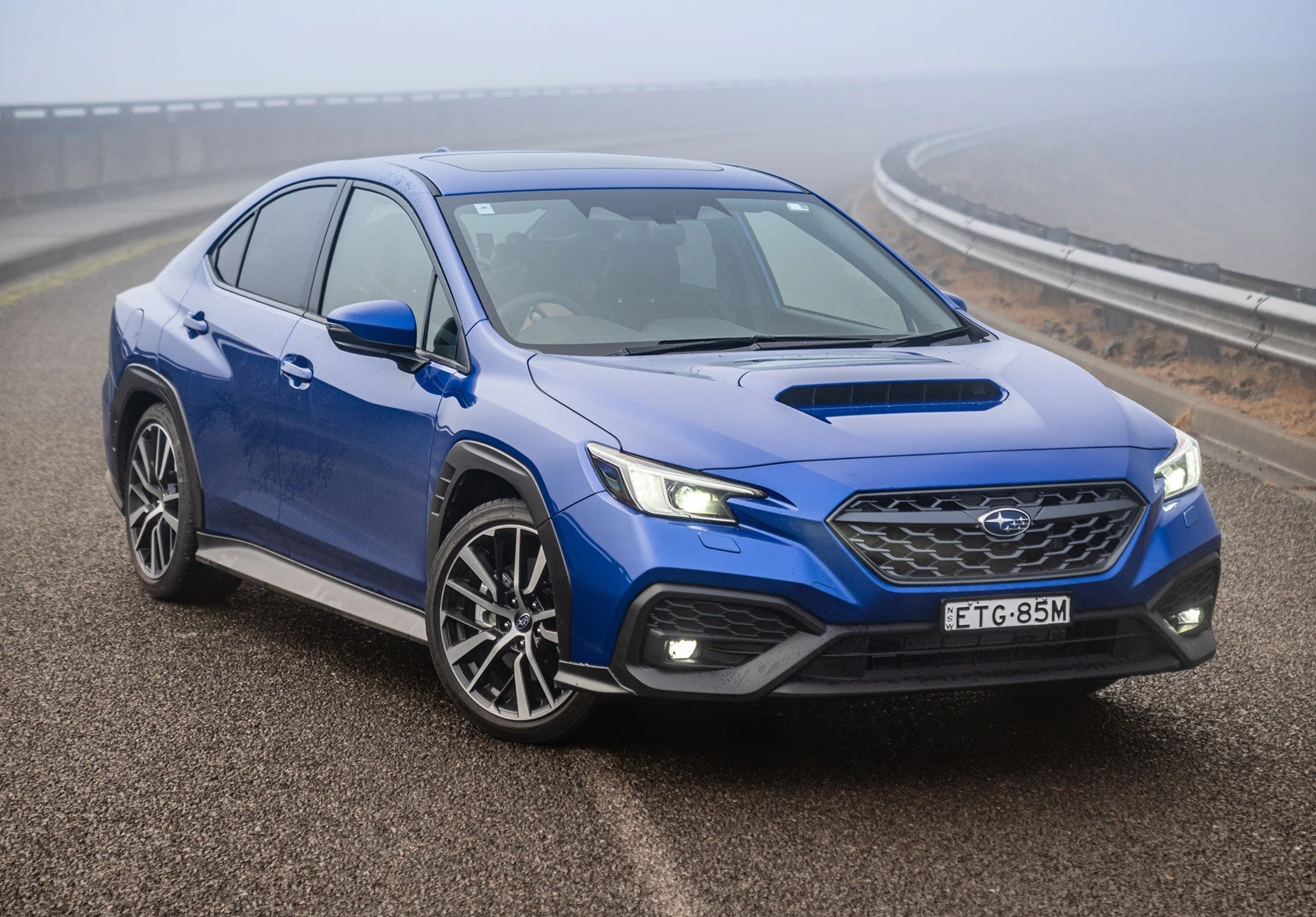
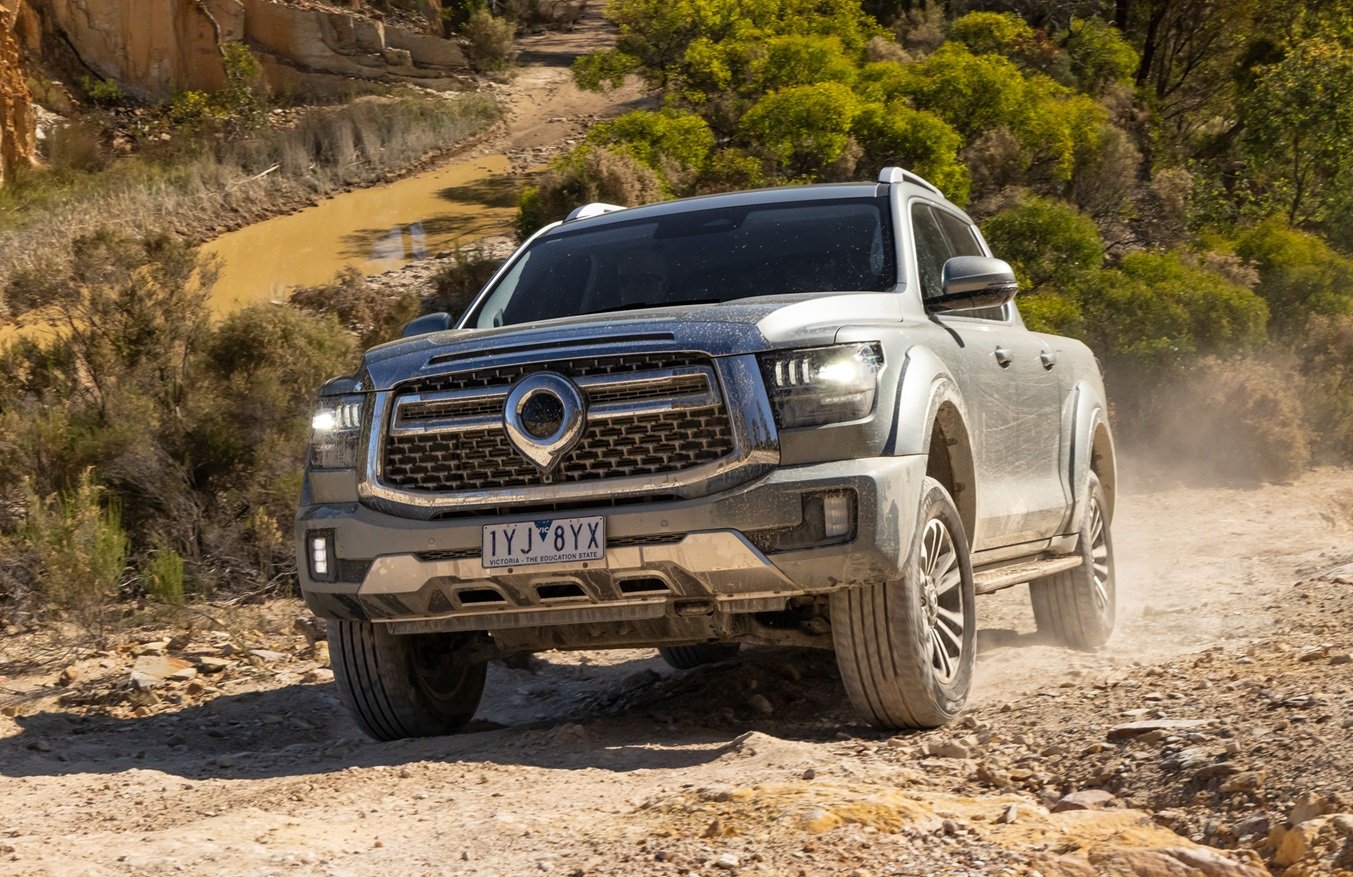

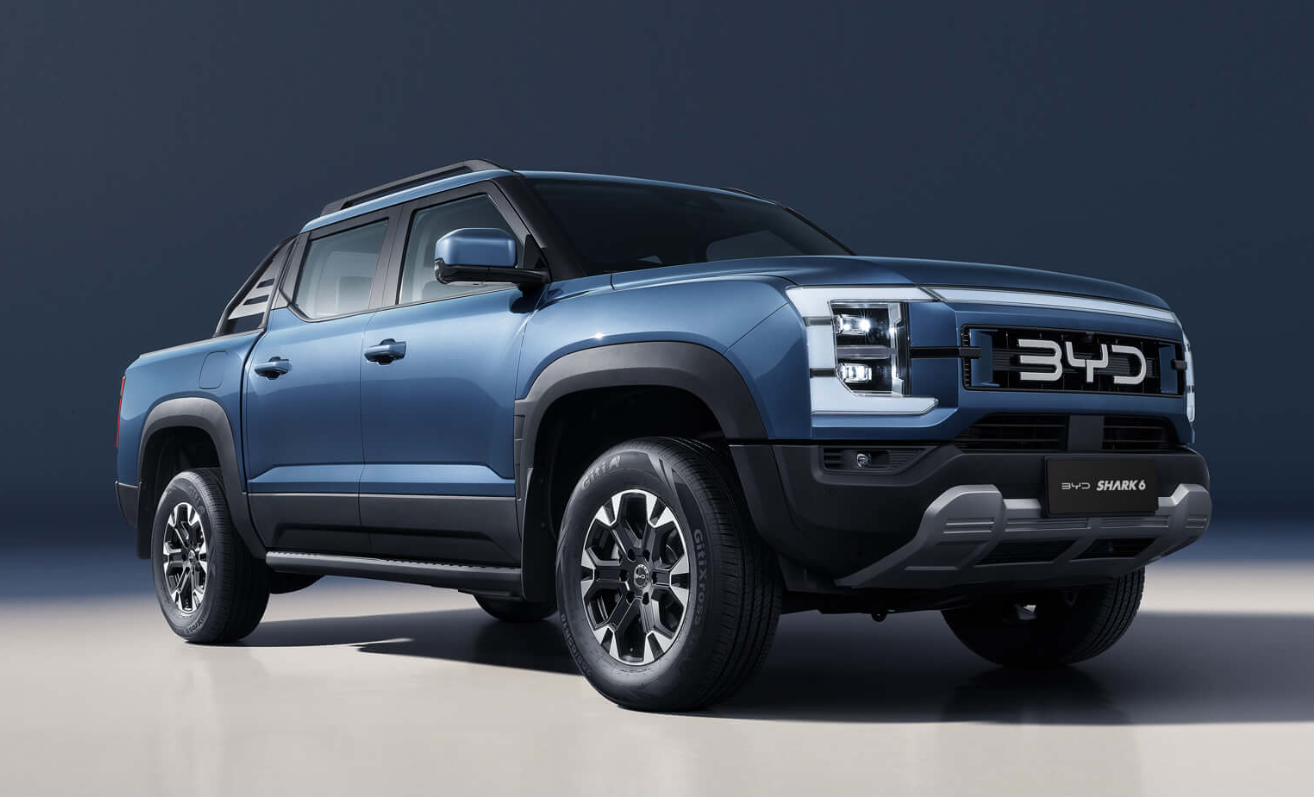

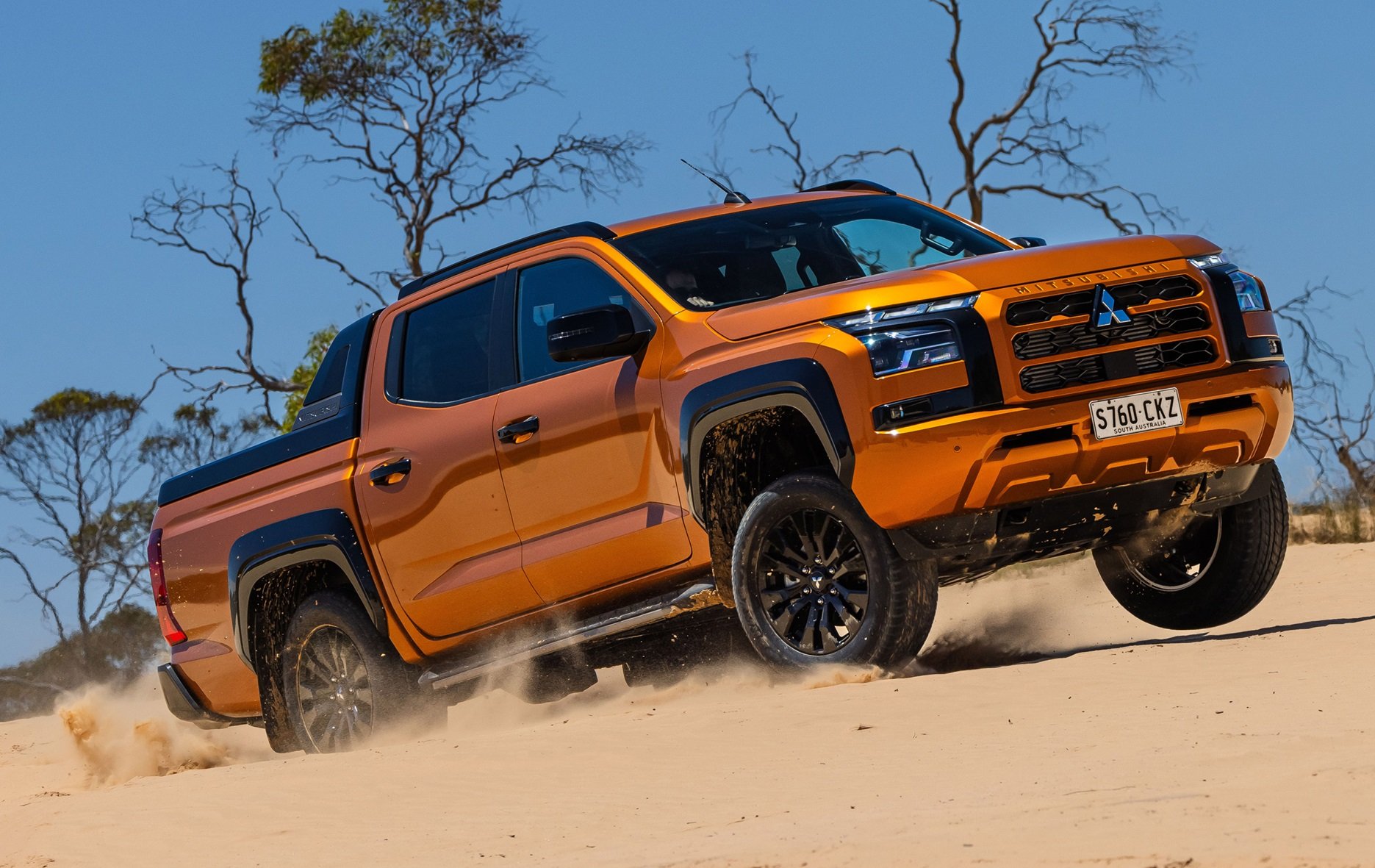
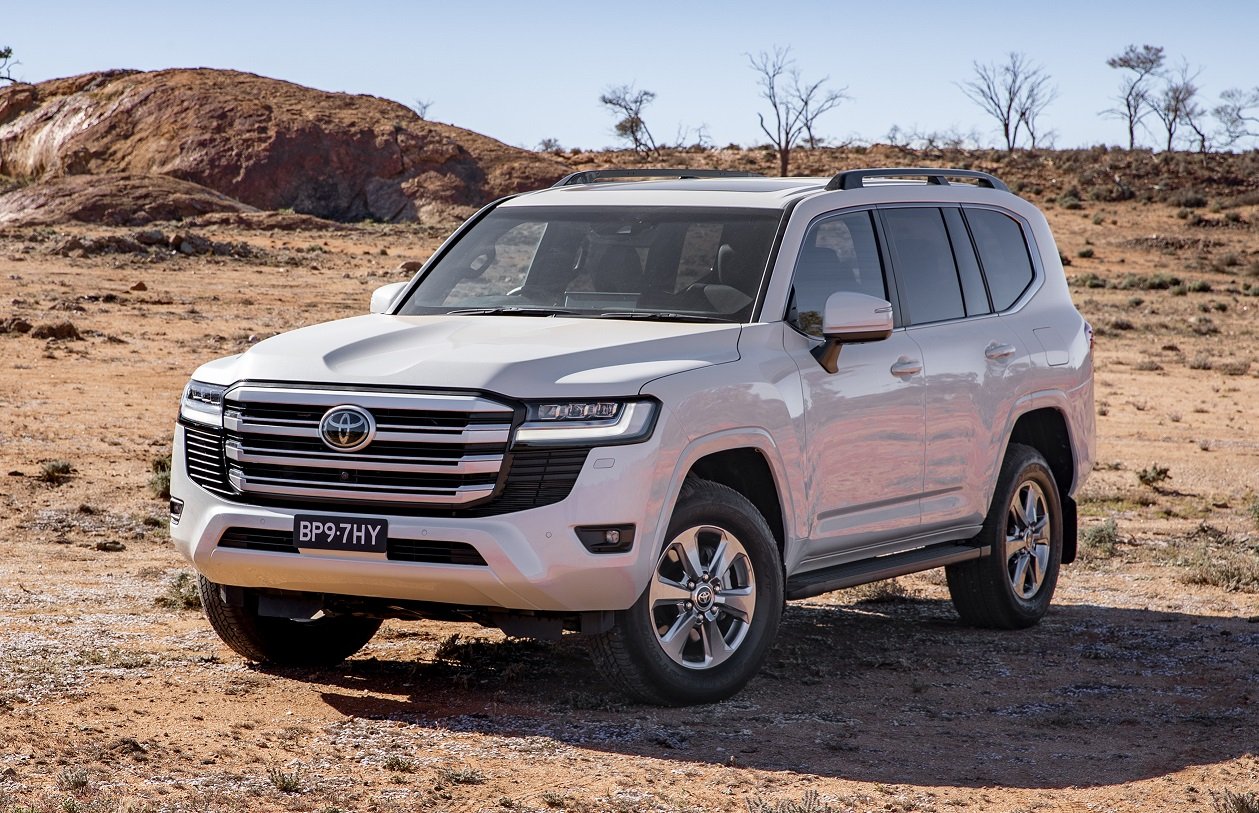



If you want one of the best driving, most luxurious and surprisingly capable five-seat SUVs in the market, don’t shop with the elite rip-off brands…